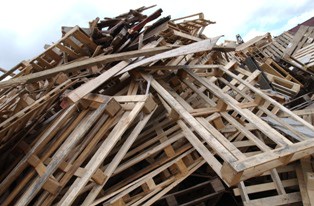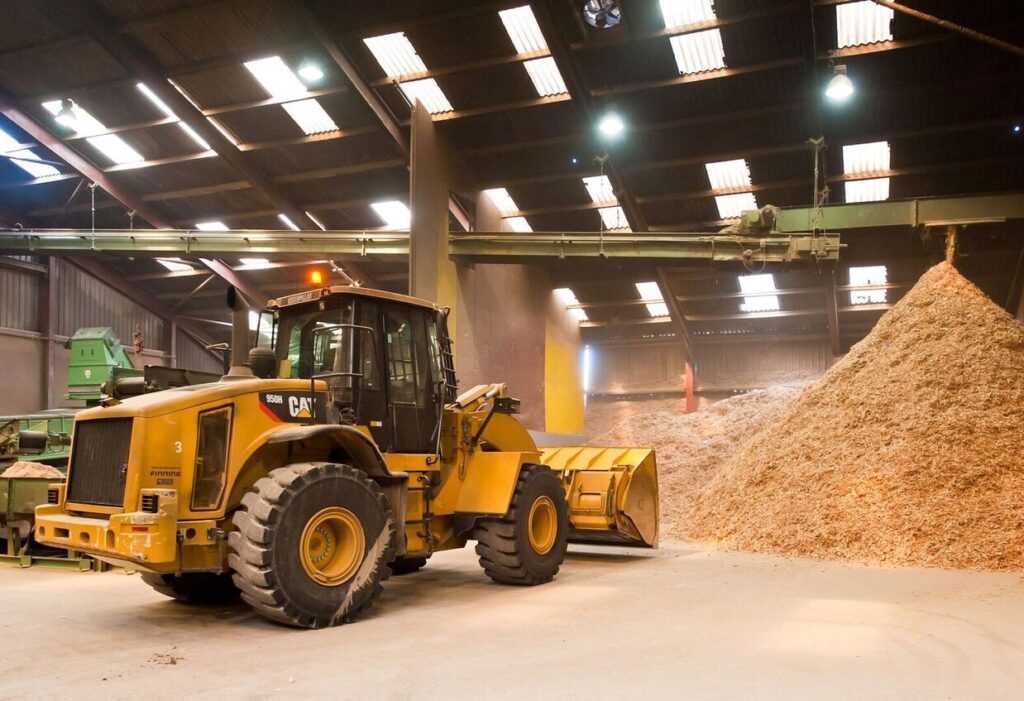The study also recommends that clean wood should be made more available to the furniture industry rather than being lost to energy from waste.

Published by the NL Agency, part of the Dutch Ministry of Economic Affairs, Competition in wood waste: Inventory of policies and markets looked at the legislation currently in place surrounding the treatment and handling of wood waste in the Netherlands, Belgium and the UK.
It found that the legislation of wood waste flows remains a country-level, rather than EU wide affair, with various interpretations and amendments meaning confusion for stakeholders in the market.
The report also highlighted wood wastes growing importance as a feedstock for the biomass industry.
Report author Jinke van Dam of SQ Consult said: “Clean wood waste can be used by the energy industries of The Netherlands, for example. In Belgium, however, such use is prohibited when used by the industry.”
In the UK, the report noted, production decreased from 5.1 Mt in 2007 to around 4.2 Mt in 2010, while imports of wood pellets have increased in the wake of a declining export market.
Importantly, it also summarised that while consumption of wood waste is declining in the UK, consumption by its energy industry is increasing due to policy support for energy recovery.
Export
This has been observed in pellet production which rose from 25,000 tonnes a year in 2005 to 300,000 tonnes in 2011. While exports to Denmark fell between 2011 and 2012, imports from Canada and the United States were in decline until 2010 but increased significantly to over 16.2 Mt by 2012.
The UKs conventional wood industry is showing signs of decline in the construction and furniture sectors. However, wood waste used in agriculture for animal bedding and equine surfaces is likely to remain level or even climb in the wake of high prices for substitutes such as straw.
The report concluded that the EU Waste Directive does not regulate whether the waste hierarchy is applied to the clean wood waste in the exporting country, which could impact the sustainability of the timber sector in countries vulnerable to large scale European demand. This is seen as meaning that clean wood waste will be exported rather than being available for the timber industry which may have to pay more for the use of virgin fibre.
Cooperation
The recommendations drawn by the NL Agency to overcome these legislative problems include promotion of the waste hierarchy and recycling of wood, and the possible cascading of used wood for higher-value purposes in the conventional timber industry, such as the production of furniture.
Related Links
It also suggested better cooperation between stakeholders to improve logistics in the collection of used wood, and for companies to ensure they do not subject wood-producing regions to excessive risk by verifying they are truly sustainable.






Subscribe for free